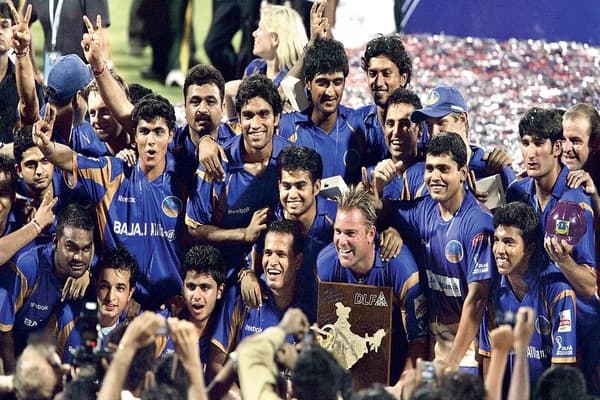Family Pension rules: The Central government has relaxed certain provisions in the pension rules to ease the sanction and payment of provisional family pension in cases where a government employee dies while in service.
Besides civilians, the new provisions have significance for the Central Armed Police Forces (CAPFs), where instances of death in service are relatively higher on account of the nature of their duties.
According to orders issued by the Department of Pension and Pensioners’ Welfare (DoPPW) earlier this week, Rule 80-A of the Central Civil Services (Pension) Rules, which required the head of the office concerned to sanction and draw provisional family pension and death gratuity in favour of claimant after forwarding the case file and accompanying documents to the Pay and Accounts Office (PAO), has been relaxed.
The Department observed that the process of forwarding the family pension case to Pay & Accounts Office along with requisite documents itself takes a long time. It is also understood that, in a large number of cases, provisional family pension and gratuity are not being sanctioned on the death of a government employee. The delay in finalization of family pension and gratuity results in hardship to the family of the deceased government employee.
Also, in accordance with Rule 54 (2) (ii) of the CCS (Pension) Rules, on the death of government employee during service, the family of a deceased government employee becomes entitled to family pension even in cases where a government employee dies before completion of one year of continuous service, provided the deceased government employee, immediately prior to his/ her appointment to the service or post, was examined by appropriate medical authority and declared fit by that authority.
Thus family pension is payable to the family of deceased government employee irrespective of the length of service of the employee before the death.
Therefore, verification of the entire service is not relevant for determining the amount of family pension. The amount of death gratuity, however, depends on the length of qualifying service of the deceased government employee. Any Government dues in respect of the deceased government employee are also required to be recovered from the amount of death gratuity.
After the relaxation of the family pension rules, the Head of Office shall not wait for forwarding of the family pension case (including Form-14, Form-18 and other relevant documents mentioned in Rule 80) to Pay & Accounts Office before sanctioning the provisional family pension.
The amount of provisional family pension shall not exceed the maximum family pension as admissible under Rule 54 of CCS Pension Rules, 1972.
In Central Armed Police Forces related cases, where the death of an employee occurs, initially provisional family pension may be sanctioned without waiting for the final Operation Casualty Report.
The Pay & Accounts Office shall release the provisional family pension on the basis of sanction order issued by the Head of Office without insisting for any other documents including service book. The provisional family pension shall be paid in the same manner as Pay and Allowances of the establishment are paid.
There will be no change in regard to the provisions for sanction of provisional gratuity under Rule 80-A.
Action for sanction of death gratuity under rule 80-A may be taken by the Head of Office after forwarding Form-18 and other relevant documents to Pay & Accounts Office. In case the amount of provisional family pension is later found to be in excess of the final family pension, the same may be adjusted from the amount of death gratuity, failing which, it may be recovered in installments from the family pension payable in future.
The payment of provisional family pension sanctioned may initially continue for a period of six months from the date, following the date of death of the employee. The period of such provisional family pension sanctioned may be further extended, for not more than six months at a time, on the advice of Pay & Accounts Office and with the approval of Head of Department (HOD).












